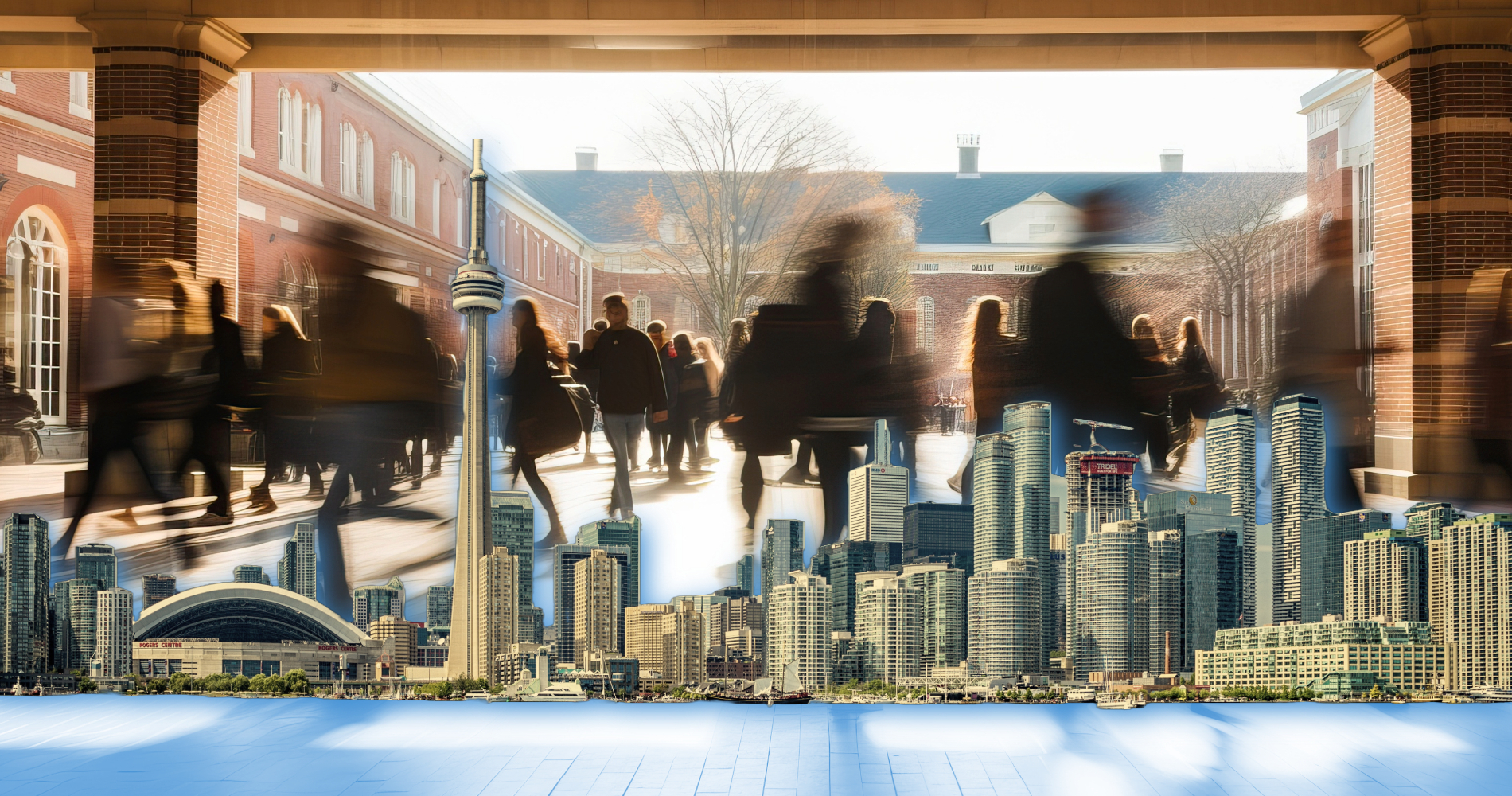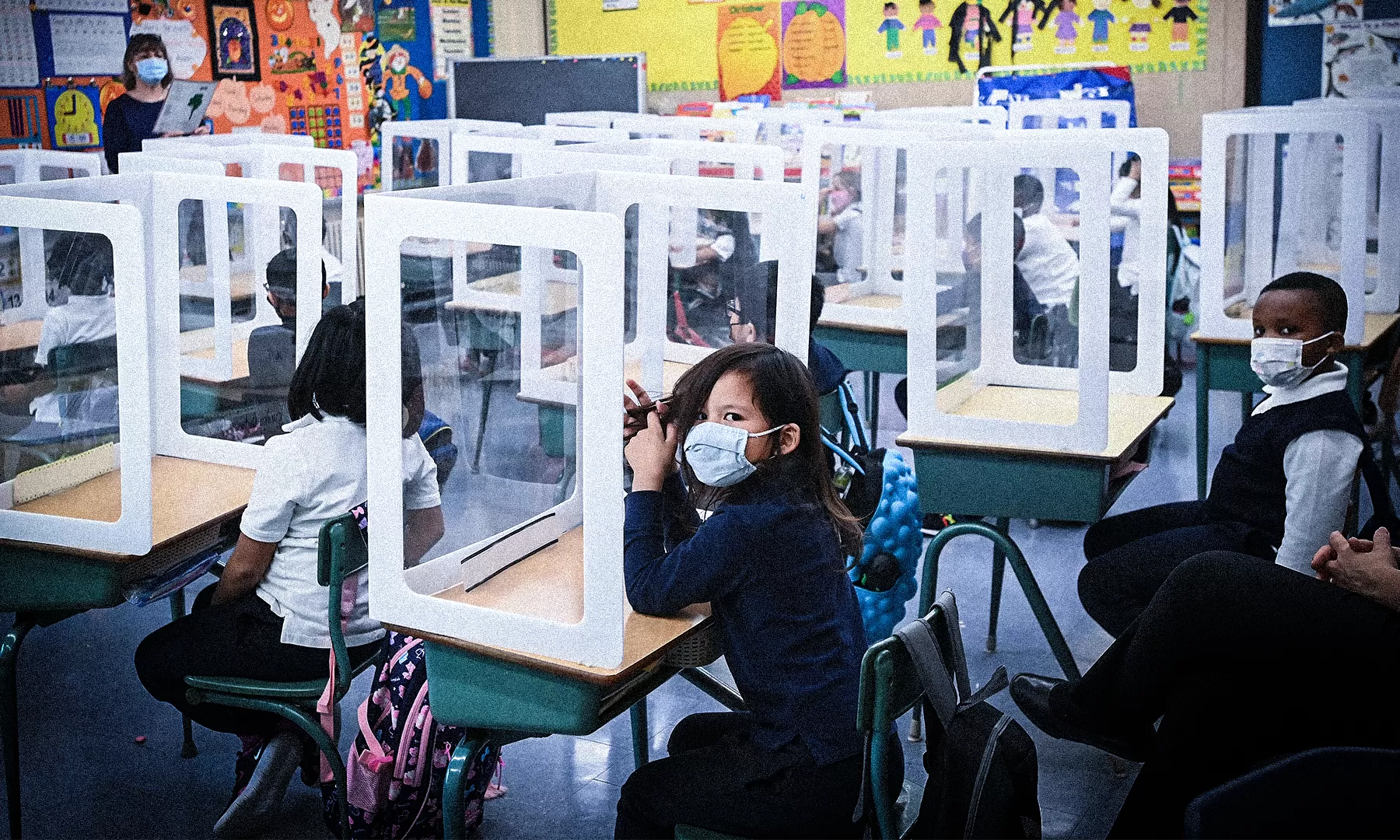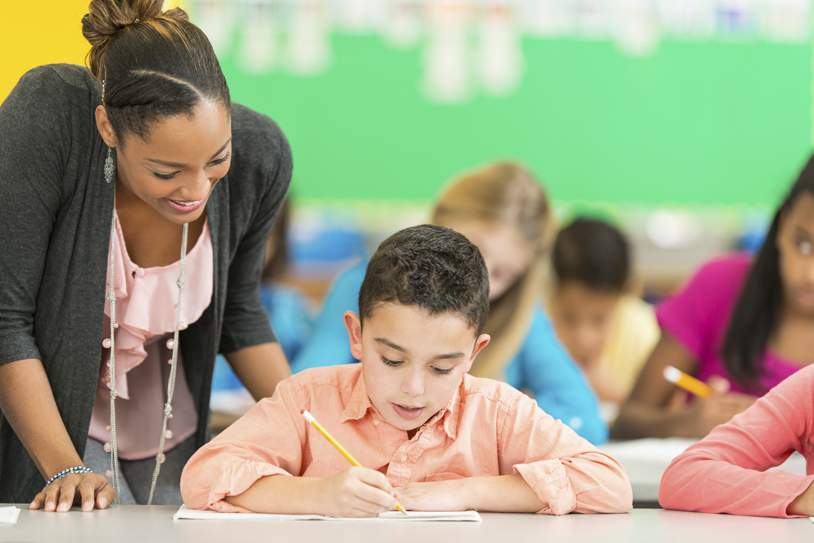Education
Our publications are available to all at no cost. Please support the CCPA and help make important research and ideas available to everyone. Make a donation today.
-

Le prix n’est pas encore le bon : Les frais de garde n’atteignent pas l’objectif de 10 $ par jour
D’ici le début de l’année 2026, les parents canadiens sont censés pouvoir inscrire leurs jeunes enfants à des services de garde pour une moyenne de 10 dollars par jour. À moins d’un an de l’échéance, seulement six des treize provinces et territoires ont atteint cet objectif.
-

The price is not right (yet): $10-a-day child care falling short of target
By early 2026 parents in Canada should be able to put their young kids in child care for an average of $10 a day. With less than a year to go only six of 13 provinces and territories have met the target.
-

Ontario has underfunded schools by $6.3 billion since 2018
The 2025 Ontario budget has lots of big numbers, but fails to address funding shortfalls in core program areas. CCPA’s same-day budget analysis examined the…
-

Ontario’s colleges are a safety net for workers. It’s time the government funds them properly.
Ontario’s colleges stand at a critical crossroads. For decades, the province’s college system has endured severe funding shortfalls, with Ontario contributing less than 25 per…
-

Greater public role in child care will accelerate gains
In Manitoba, the parents of more than 39,000 children now pay just $10/day for child care, thanks to new federal investments. This is a wise…
-

Whoever wins the election, Ontario must reinvest in post-secondary education
Ontario’s universities and colleges are in a state of financial crisis. Across the province, post-secondary institutions, citing a lack of revenue needed to fund operations,…
-

AI is taking away opportunities for students to learn and think
As a secondary educator in Ontario’s public school system, I am currently staring generative artificial intelligence (genAI) in the face, and it’s not pretty.
-

The shifting educational funding landscape in Ontario and Quebec
Public education systems in Canada face significant challenges relating to underfunding and the concomitant shift to privatization. Underinvestment and reliance on what are sometimes colloquially…
-

K-12 international students in Canada
Most Canadians are familiar with stories about international students. Post-secondary institutions, struggling to make ends meet during times of declining government support and, in some…
-

The parallels and perils of pandemic privatization across western Canada
Privatization in public education began well before the COVID-19 pandemic in Canada. Nevertheless, since the beginning of the pandemic, trends of creeping privatization and marketization…
-

Increased public funding for private schools is dividing us, and needs to stop
Public schools are often referred to as the cornerstone of healthy democracies, where children from all backgrounds have equitable opportunities to reach their potential and…
-

The cost of inclusion
In August 2018, The Globe and Mail published a piece on the gap between what schools can offer students with disabilities and what they need…
Updates from the CCPA
Read the latest research, analysis and commentary on issues that matter to you.
CCPA Updates